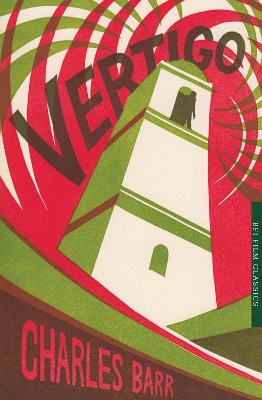BFI Film Classics
1 total work
In the 1992 Sight and Sound poll, critics and film-makers voted Vertigo the fourth greatest film of all time. Released in 1958, Hitchcock's masterpiece is a pinnacle of the cinema. Yet in it Hitchcock abandoned his trademark suspense, allowing the central mystery to be solved halfway through. What remained was a study in sexual obsession, as James Stewart's Scottie pursues Madeleine/Judy (Kim Novak) to her death in a remote Californian mission. Novak is ice-cool but vulnerable, Stewart - in the darkest role of his career - genial on the surface but damaged within. Though it seems to many to be Hitchcock's most personal film, Charles Barr argues that, like Citizen Kane, Vertigo is a triumph not so much of individual authorship as of creative collaboration. Barr documents the crucial role of screenwriters Alec Coppel and Samuel Taylor and, by a combination of textual and contextual analysis, explores the reasons why Vertigo has come to exert such a continuing fascination both on general audiences and on a wide range of critics and theorists. Charles Barr is Professor of Film at the University of East Anglia. He is the author of "Ealing Studios" (rev. edn, 1999) and "English Hitchcock" (1999).
He was researcher and co-writer of Stephen Frears's film "Typically British: A Personal History of British Cinema" (1995).
He was researcher and co-writer of Stephen Frears's film "Typically British: A Personal History of British Cinema" (1995).
